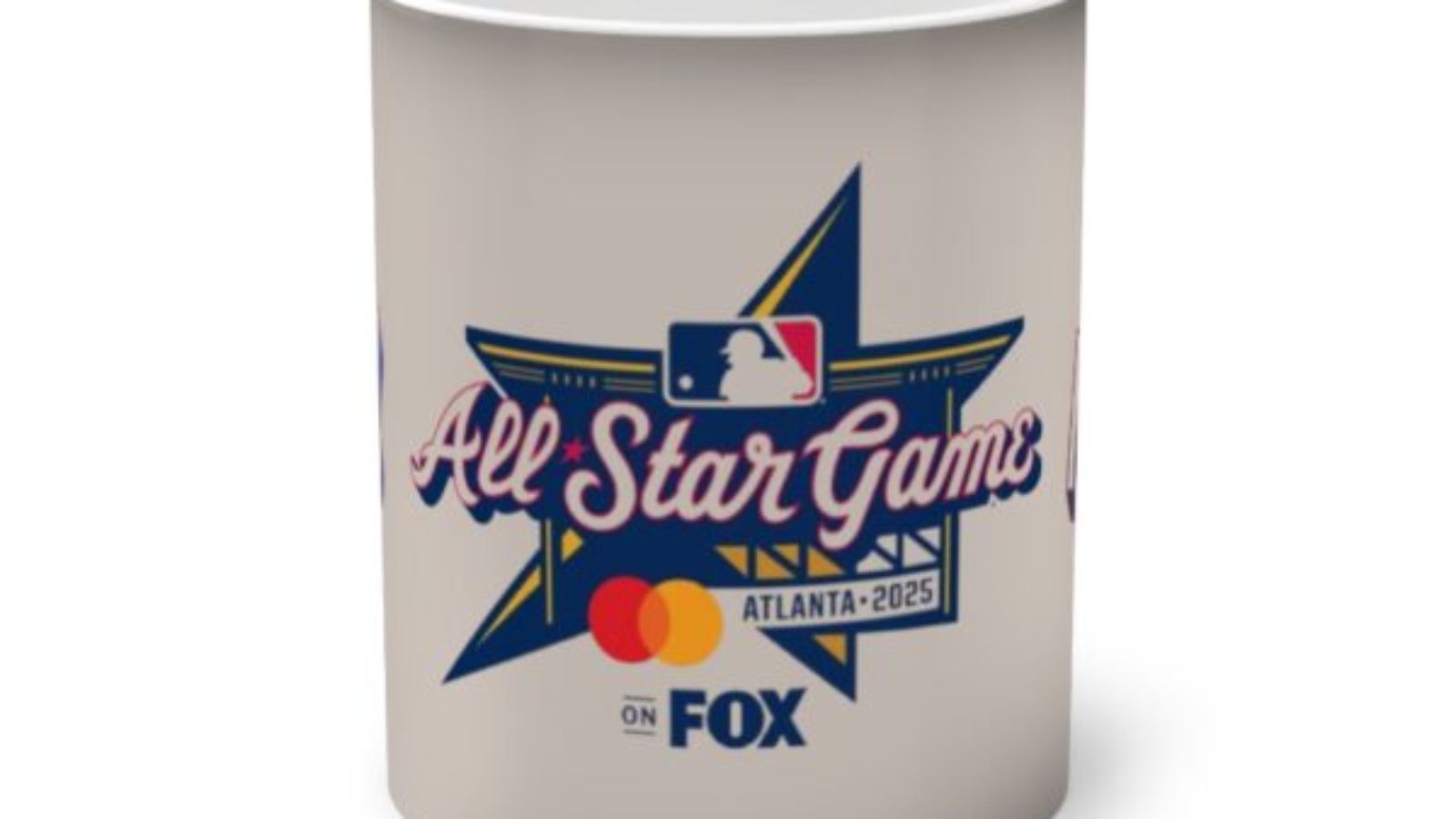Major League Baseball is once again facing a moment of intense scrutiny as a sweeping federal investigation has pulled two Cleveland Guardians pitchers—Emmanuel Clase and Luis Ortiz—into the center of one of the most serious gambling scandals the sport has encountered in decades. Unsealed in November 2025, the U.S. Department of Justice indictment outlines an elaborate scheme in which the pitchers are accused of manipulating pitch outcomes in exchange for bribes from illegal gamblers based in the Dominican Republic.
The revelations have sent a shockwave through baseball, prompting renewed questions about the integrity of competition and the rapidly expanding universe of legalized sports betting. For fans looking to stay connected to the game’s brighter side—including official team gear across the league—Pro Merch continues to feature an extensive range of MLB apparel while the sport works through these turbulent headlines.
A Closer Look at the Federal Allegations
Federal prosecutors allege that the pitch-rigging scheme began more than two years before it came to light. According to the indictment, Clase’s involvement traces back to May 2023, while Ortiz is accused of joining the operation in June 2025. The allegations outline a coordinated effort to manipulate the speed, location, and outcome of specific pitches, providing gamblers with inside knowledge that allowed them to confidently place winning wagers.
Prosecutors say more than 100 individual bets were placed on pitches that were intentionally altered. Bettors reportedly raked in over $400,000 in winnings, while the pitchers themselves are believed to have received less than $10,000 each in bribes—an imbalance that underscores how the larger gambling operation exploited MLB insiders for disproportionate gain.
Both players now face a series of federal charges, including wire fraud conspiracy, honest services wire fraud conspiracy, money-laundering conspiracy, and conspiracy to influence sporting contests through bribery. Clase and Ortiz pleaded not guilty in November 2025 and were released on bond while awaiting further legal proceedings.
The scandal has cast a long shadow over their status within the league. MLB placed both pitchers on non-disciplinary paid leave back in July 2025, signaling early concern about the integrity of competition, even before the full indictment became public.
How the Bets Worked—and Why the Scheme Was Hard to Detect
Unlike traditional wagers on wins, losses, or run totals, the scheme hinged on prop bets tied to individual pitches. These micro-bets, increasingly popular among sports gamblers, made it possible to wager on moments as granular as the velocity of a pitch or whether it would be called a ball or a strike.
According to investigators, bettors were provided advance notice of rigged outcomes and placed wagers accordingly:
• Pitch outcome bets: Ortiz allegedly agreed to throw a ball as the first pitch of certain innings—actions gamblers then wagered on with confidence.
• Pitch velocity bets: In one example on May 19, 2023, bettors won roughly $27,000 after Clase threw a pitch faster than the 94.95-mph threshold set by sportsbooks.
• Parlay bets: In some cases, multiple rigged pitch outcomes were combined into parlays, allowing gamblers to turn coordinated manipulation into larger payouts.
These examples were cited directly in the indictment, painting a detailed picture of a scheme that operated discreetly and capitalized on betting categories that are difficult for leagues to monitor in real time.
Regulatory and League Response Intensifies
The seriousness of the allegations prompted immediate action from MLB leadership. Commissioner Rob Manfred announced new restrictions targeting the very prop bets at the heart of the scandal. Authorized gaming operators will now cap wagers on individual pitches at $200 and remove those bets from parlays entirely—a move intended to limit opportunities for abuse while allowing mainstream betting markets to continue operating.
More pressure arrived from Washington. The Senate Commerce Committee launched its own inquiry in mid-November, expressing concerns about how MLB safeguards the integrity of its product in an era where legalized sports wagering is woven into broadcasts, ballpark experiences, and the sport’s overall revenue model. MLB has publicly committed to cooperating fully with the inquiry.
The scandal is the latest episode in a troubling pattern across American sports. MLB permanently banned infielder Tucupita Marcano in 2024 after determining he had bet on baseball, while the NBA found several players and coaches entangled in improper gambling activities in 2025. As leagues embrace sports betting partnerships, the tension between fan engagement and competitive integrity continues to grow.
Other Notes Around the League
In the wake of the indictment, some fans speculated whether recent high-profile roster cuts were tied to gambling investigations. MLB quickly clarified that the non-tender decisions involving Texas Rangers players Adolis García and Jonah Heim were strictly related to on-field performance and projected arbitration figures—not connected in any way to the Clase and Ortiz case.
A Pivotal Moment for Baseball—and Its Fans
The Clase-Ortiz scandal arrives at a transformative moment for baseball. As sports betting becomes increasingly intertwined with the game’s culture, MLB faces the challenge of ensuring that trust between fans, players, and the league remains intact.
While the legal process unfolds, fans continue to support their teams through the highs and lows—and platforms like Pro Merch remain a central hub for official team gear, collectibles, and licensed apparel. Explore the full lineup of MLB merchandise to stay connected to your favorite clubs as baseball works to reinforce the integrity that has defined the sport for more than a century.
The situation surrounding Emmanuel Clase and Luis Ortiz is far from resolved, and the implications for MLB are likely to reverberate long after the courtroom phase concludes. As the league confronts these challenges head-on, the spotlight remains squarely on how baseball will adapt, protect its credibility, and move forward into a new era where every pitch matters—more than ever.

 Cart is empty
Cart is empty 